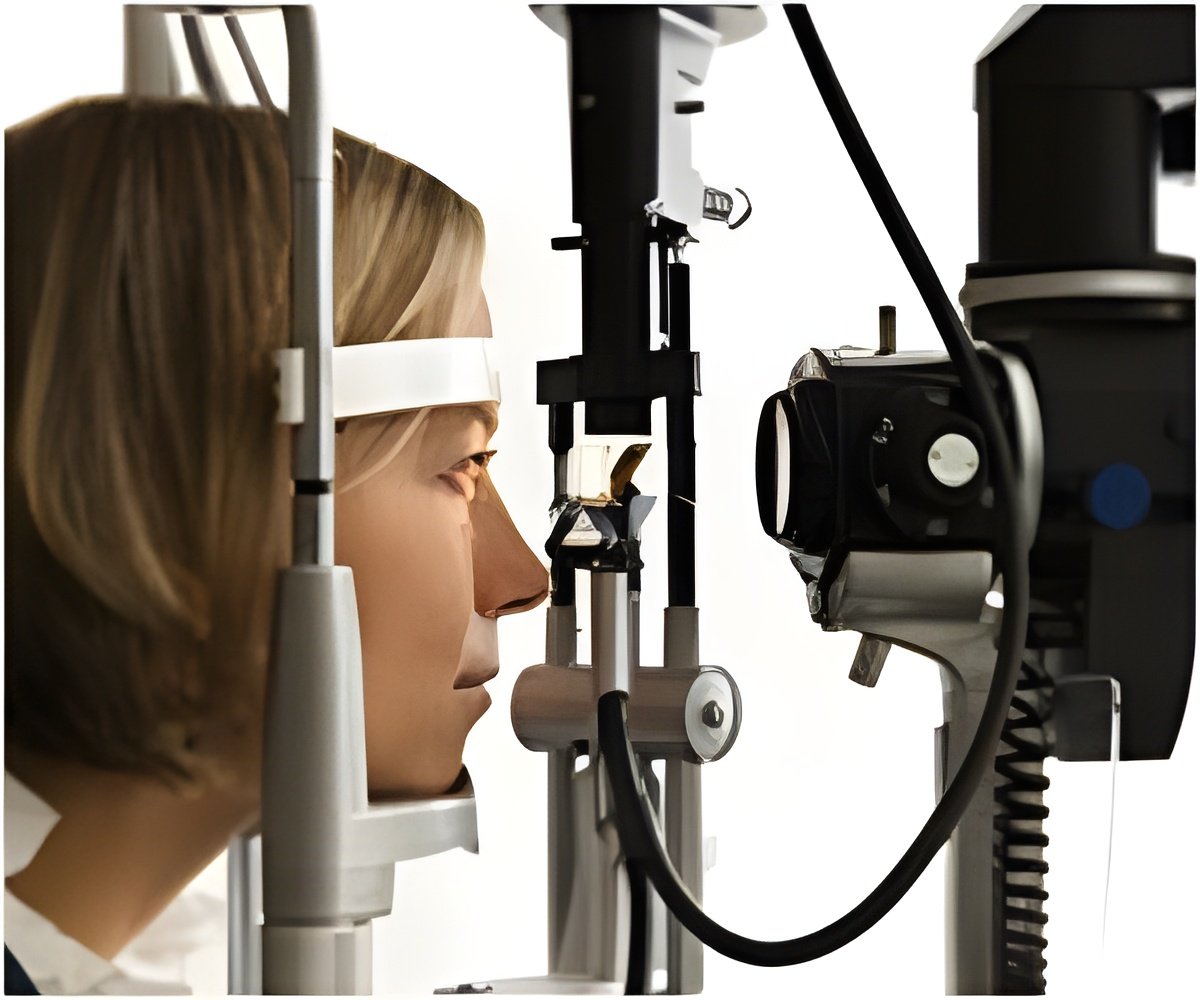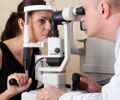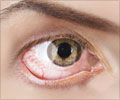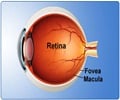
Dr. Richard Kramer of the University of California, Berkeley and his colleagues have invented "photoswitch" chemicals that confer light sensitivity on these normally light-insensitive ganglion cells, restoring light perception in blind mice. An earlier photoswitch required very bright ultraviolet light, making it unsuitable for medical use. However, a new chemical, named DENAQ, responds to ordinary daylight. Just one injection of DENAQ into the eye confers light sensitivity for several days.
Experiments on mice with functional, nonfunctional, or degenerated rods and cones showed that DENAQ only impacts ganglion cells if the rods and cones have already died. It appears that degeneration in the outer retina leads to changes in the electrophysiology in the inner retina that enables DENAQ photosensitization, while the presence of intact photoreceptors prevents DENAQ action.
The selective action of DENAQ on diseased tissue may reduce side effects on healthy retina, exactly what is desired from a vision-restoring drug. "Further testing on larger mammals is needed to assess the short- and long-term safety of DENAQ and related chemicals," says Dr. Kramer. "It will take several more years, but if safety can be established, these compounds might ultimately be useful for restoring light sensitivity to blind humans. How close they can come to re-establishing normal vision remains to be seen."
Source-Eurekalert










